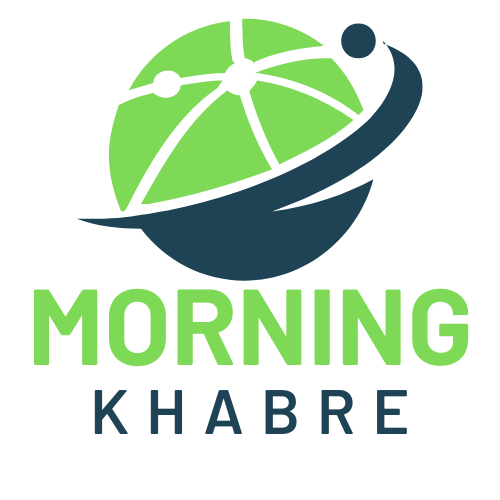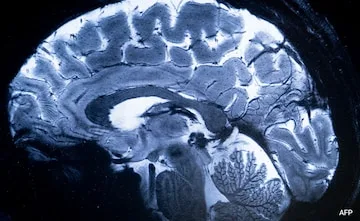World's Strongest MRI Scanners: The First Images of the Human Brain/दुनिया के सबसे मजबूत एमआरआई स्कैनर: मानव मस्तिष्क की पहली छवियां
In 2021, scientists from the Atomic Energy Commission (CEA) in France utilized the device for the first time to scan a pumpkin. However, health authorities have authorized them to scan people.
Saclay, France: The most potent MRI scanner on the planet has produced the first scans of a human brain, achieving a degree of accuracy that is anticipated to provide further insight into our enigmatic minds and the diseases that plague them. In 2021, scientists from the Atomic Energy Commission (CEA) in France utilized the device for the first time to scan a pumpkin. However, health authorities have authorized them to scan people.
Approximately 20 individuals in good health have been the inaugural participants in undergoing magnetic resonance imaging (MRI) scans in recent months. This MRI machine is situated in the Plateau de Saclay area, located to the south of Paris, an area known for its concentration of educational institutions and technology companies.
"At CEA, we have observed an unparalleled level of precision," noted project physicist Alexandre Vignaud. The scanner generates a remarkable 11.7 teslas, denoted as Teslas, which is the unit of measurement for magnetic field strength and named after its creator, Nikola Tesla.
With its exceptional power, the scanner can produce images with tenfold precision compared to conventional hospital MRIs, which usually operate at no more than three teslas. Vignaud compared the images obtained by this high-powered scanner, named Iseult, to those produced by a standard MRI displayed on a computer screen.
"We are now able to visualize parts of the cerebellum that were previously almost imperceptible, along with the minute veins that nourish the cerebral cortex, all thanks to this apparatus," he stated. Physicist Sylvie Retailleau, who serves as France's minister of research, commented, "The level of precision is truly remarkable."
"This groundbreaking innovation will enable improved diagnosis and therapy for brain diseases," she stated in a statement to AFP. Shedding light on various regions of the brain.
The equipment comprises a cylindrical structure measuring five meters (16 feet) in length and height, housing a 132-ton magnet propelled by a 1,500-ampere coil. Individuals can enter through a 90-centimeter (three-foot) aperture.
French and German engineers worked together for twenty years to explore and refine the concept. While MRI scanners with similar power are being developed elsewhere, the United States and South Korea have yet to commence scanning human images. One of the main goals of this powerful scanner is to enhance our understanding of the brain's structure and the regions activated during specific cognitive tasks.
Scientists have already shown, using MRI scans, that distinct regions of the cerebral cortex become active when recognizing specific objects like faces, places, or words. To further explore the correlation between brain structure and cognitive processes, such as reading or mental calculations, Iseult will leverage its 11.7-tesla strength, as explained by Nicolas Boulant, the project's scientific director.
On The trail of Alzheimer's
Experts suggest that the scanner's power could also aid in elucidating the enigmatic processes underlying psychological disorders like schizophrenia or depression, as well as neurodegenerative conditions such as Parkinson's or Alzheimer's disease. "For instance, we are aware of the involvement of a specific brain region—the hippocampus—in Alzheimer's disease, so we aim to understand the functioning of cells in this area of the cerebral cortex," explained Anne-Isabelle Etienvre, a researcher at the institute. Additionally, researchers aim to map the distribution of various medications, such as lithium, used in treating bipolar disorder across the brain.
The MRI's robust magnetic field will provide clearer visibility into which regions of the brain lithium is targeting. This insight could aid in identifying patients who may respond more or less favorably to the medication. "By gaining a deeper understanding of these debilitating illnesses, we should be able to diagnose them earlier and subsequently provide more effective treatment," stated Etienvre. However, ordinary patients won't have the opportunity to peer into their own minds using Iseult's formidable power for quite some time.
Boulant clarified that the device "is not designed to serve as a clinical diagnostic tool, but rather to contribute to knowledge that can be applied in hospital settings." A new cohort of healthy individuals will be selected in the coming months to undergo brain scans. Patients with medical conditions will not receive treatment from the machine for several years.







